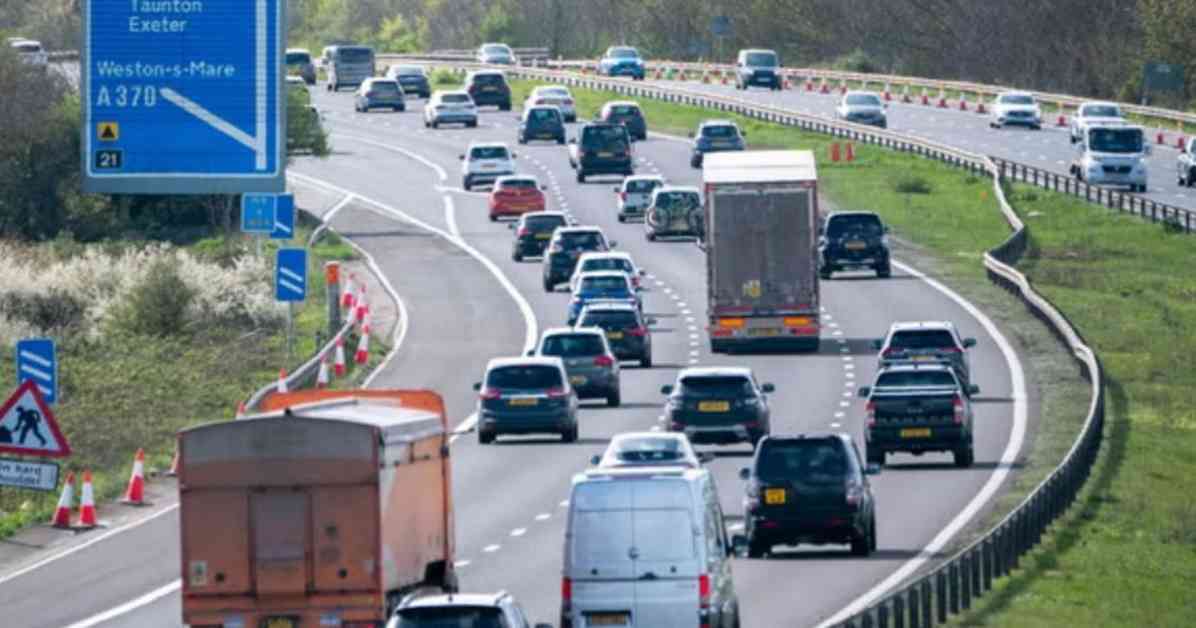The Labour Party has confirmed new car tax bands and Vehicle Excise Duty (VED) rates for next year. According to Labour Party Chancellor Rachel Reeves, changes to first-year VED tax rates for owners of brand-new vehicles will be implemented in 2025. Annual first-year VED rates will double, with drivers expected to pay £5,490 starting from next April, up from the current £2,745. For brand new models emitting between 226-255g/km CO2, the rate will rise from £2,340 to £4,680. Vehicles producing between 191-225g/km CO2 will see fees increase to £3,300, which is double the current rate of £1,650. Cars emitting between 51-75g/km of CO2 will have their rates increased from £30 to £135, or from £20 to £135 in the case of hybrids. Additionally, vehicles emitting between 1-50 g/km of CO2, such as most plug-in hybrid models, will now be required to pay VED for the first time.
The government aims to drive the transition to electric vehicles (EVs) by strengthening incentives to purchase EVs. This includes widening the differentials in Vehicle Excise Duty First Year Rates between EVs and hybrids or internal combustion engine cars. The government will also maintain EV incentives in the Company Car Tax regime and extend 100% First Year Allowances for zero emission cars and EV chargepoints for another year.
In order to further promote the purchase of electric cars, the government will uprate standard Vehicle Excise Duty (VED) rates for cars, vans, and motorcycles, excluding first-year rates for cars, in line with the RPI from 1 April 2025. The VED First Year Rates for new cars registered on or after 1 April 2025 will be changed to strengthen incentives to purchase zero emission and electric cars by widening the differentials between zero emission, hybrid, and internal combustion engine (ICE) cars.
Overall, these changes are part of the government’s efforts to encourage the adoption of electric vehicles and reduce carbon emissions in the transportation sector. By increasing taxes on petrol and diesel cars while providing incentives for electric vehicles, the government aims to accelerate the transition towards a cleaner and more sustainable transportation system.



























